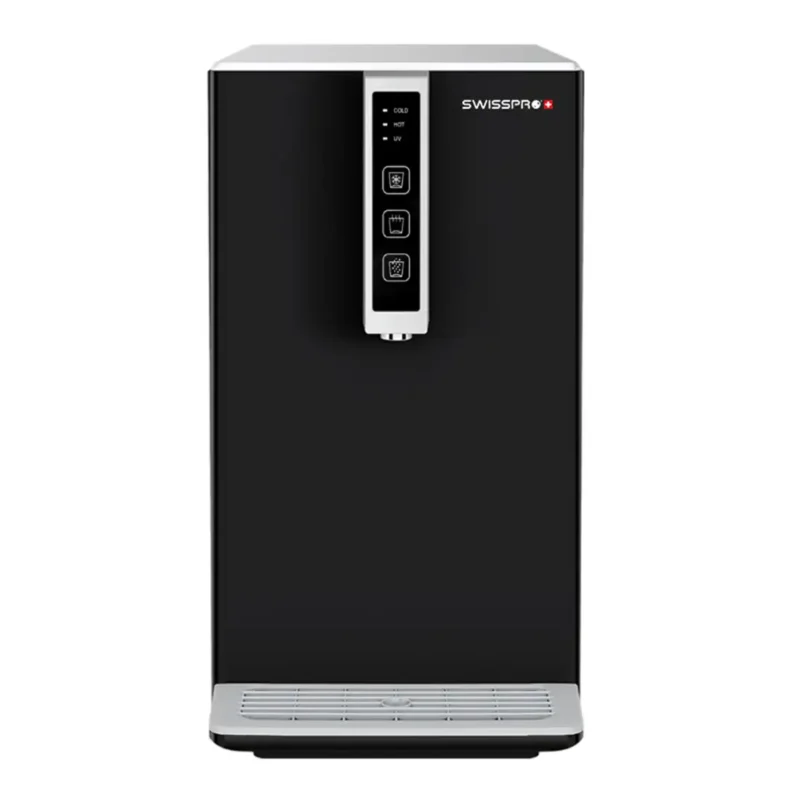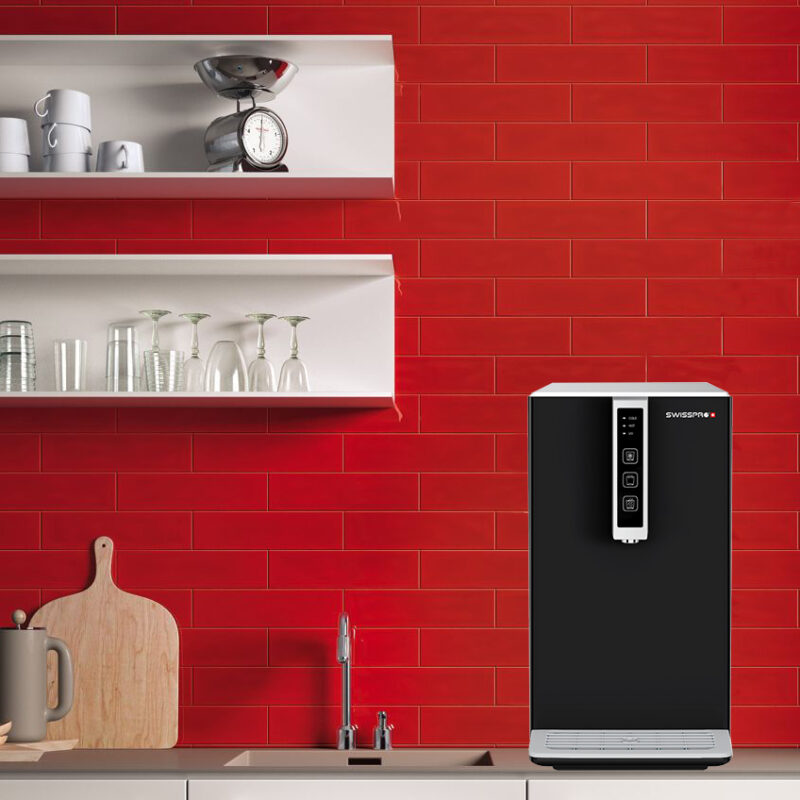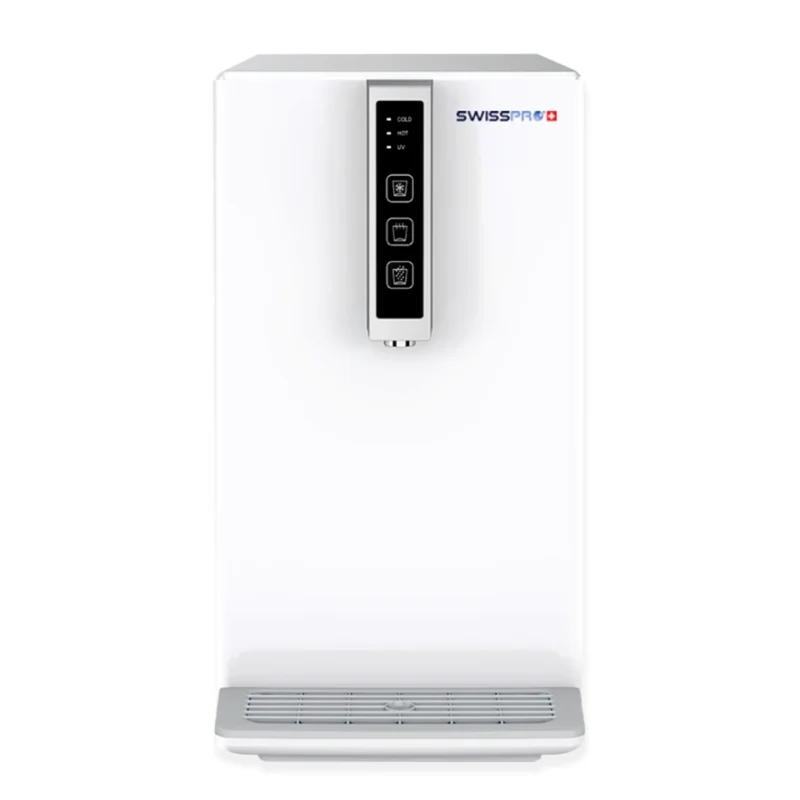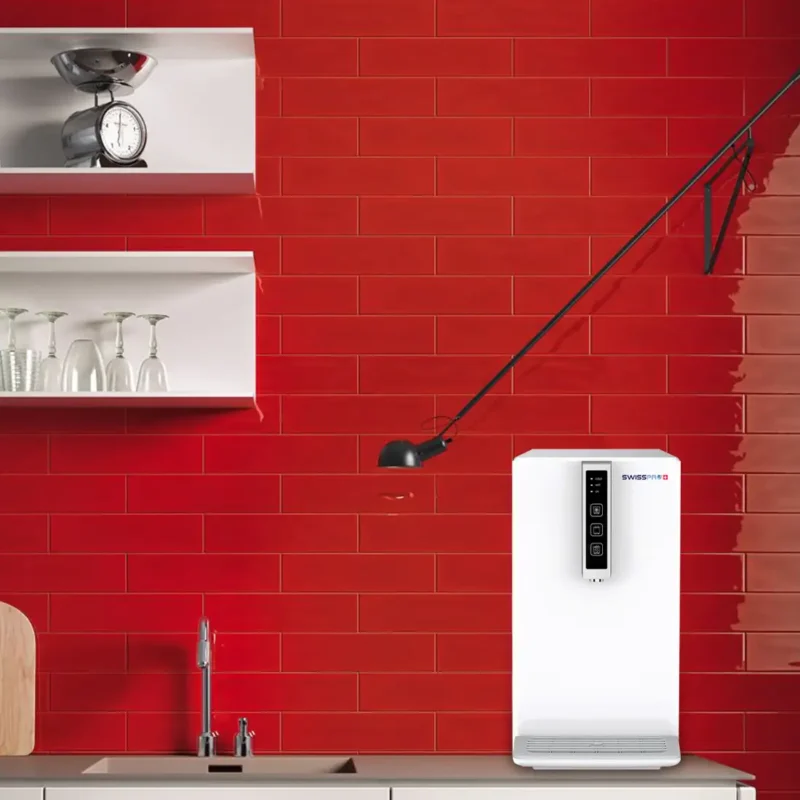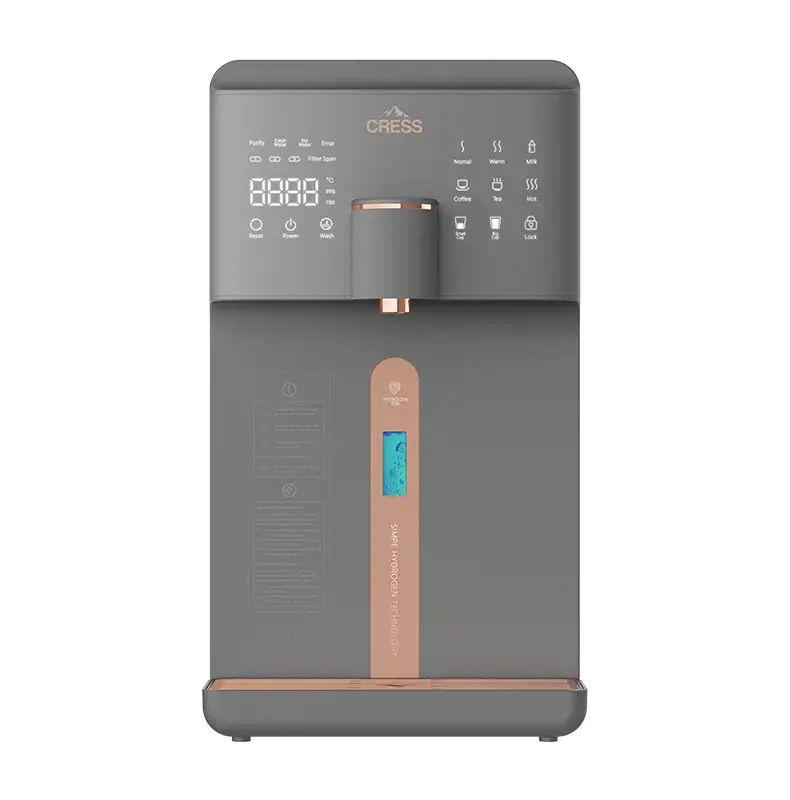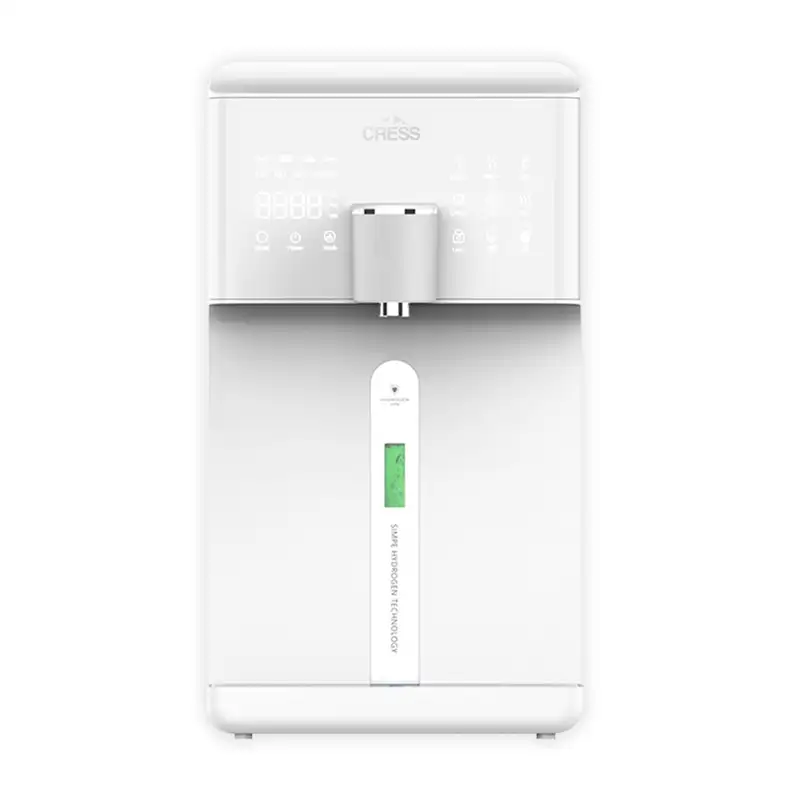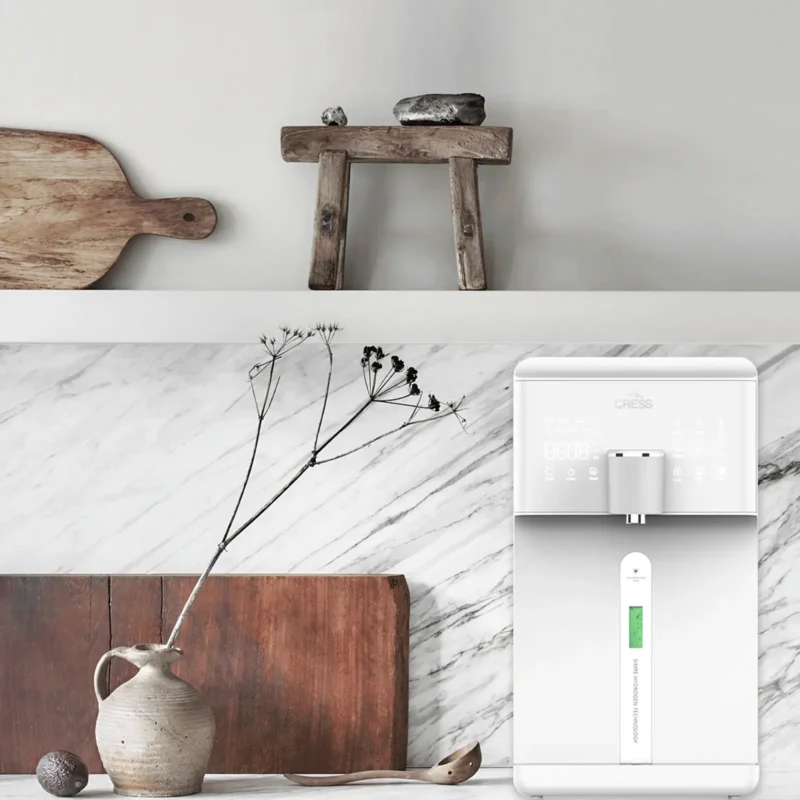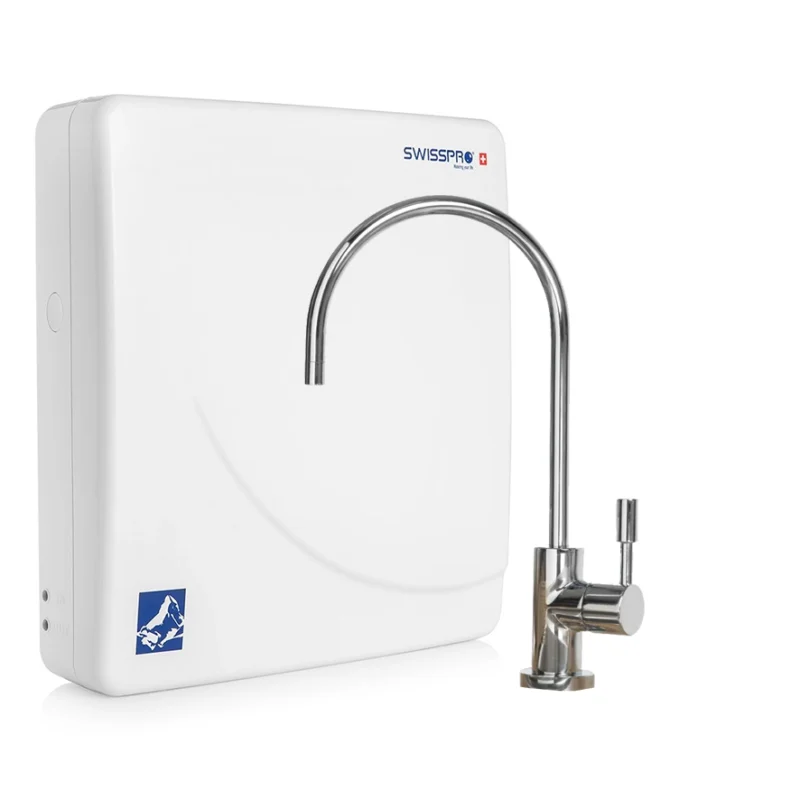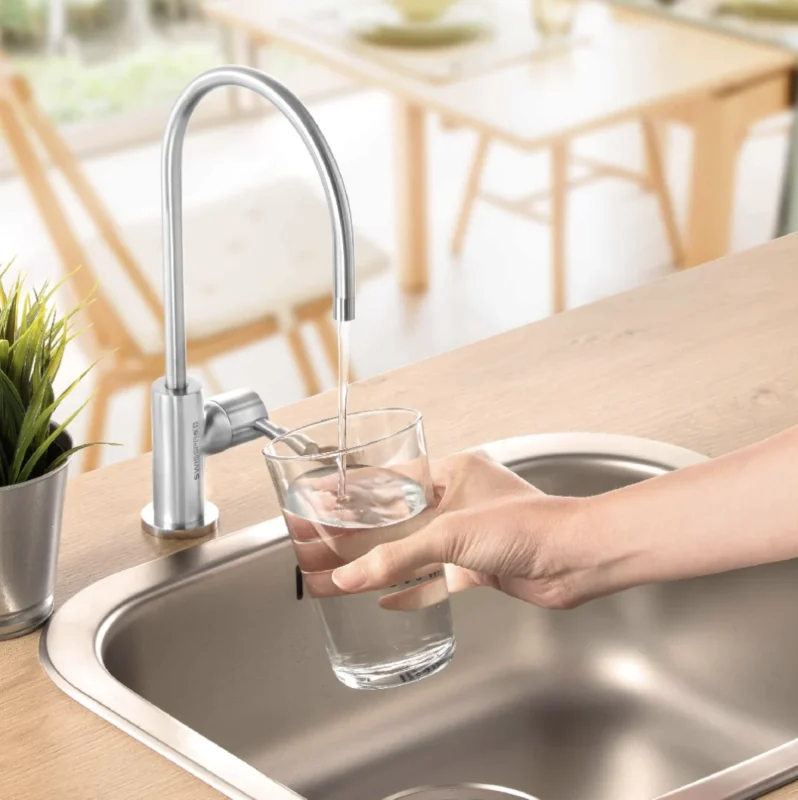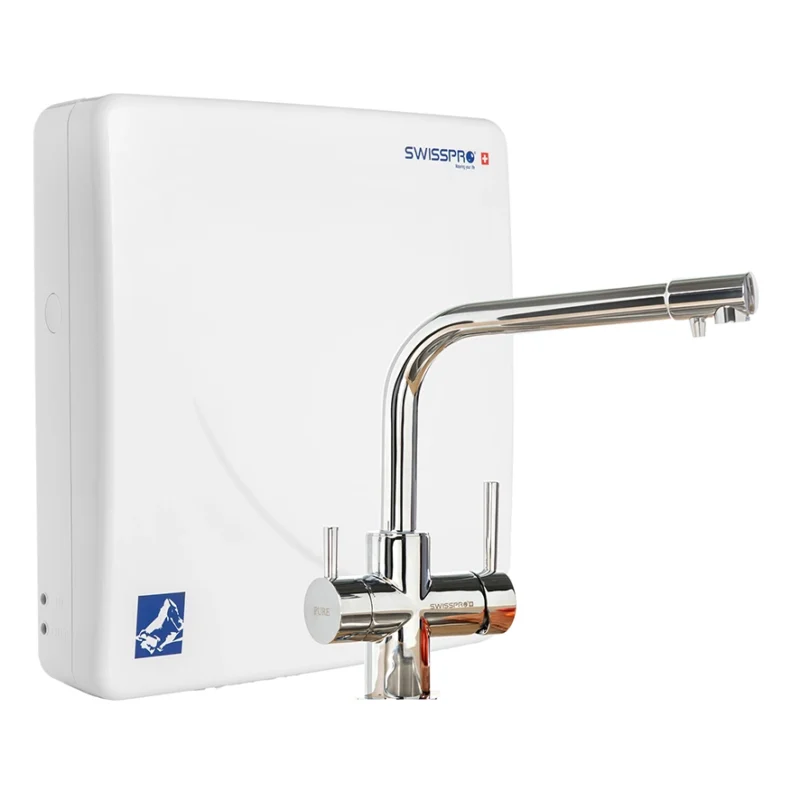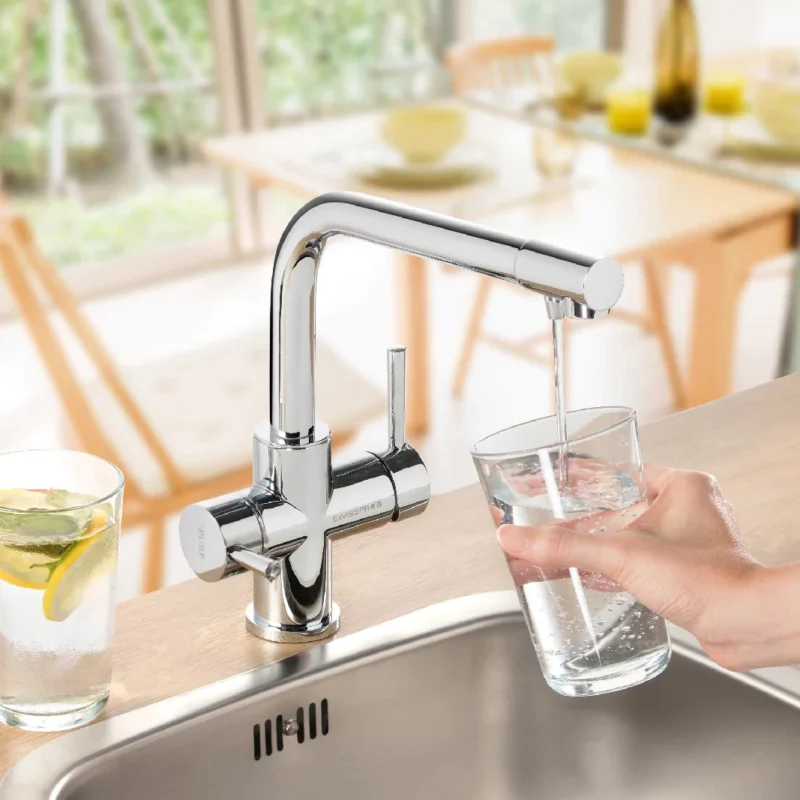The Comprehensive Guide to the Benefits of Home Water Purifiers

Introduction
Clean and safe drinking water is essential for maintaining good health and well-being. However, tap water can often contain contaminants that pose risks to your health. This is where home water purifiers come into play. In this comprehensive guide, we will explore the numerous benefits of using home water purifiers, helping you make an informed decision for your household. By the end of this article, you will understand the importance of home water purifiers and how they can positively impact your health, finances, and the environment.
Understanding Home Water Purifiers
Types of Home Water Purifiers
There are various types of home water purifiers available, each designed to address specific water quality issues. Understanding these types can help you choose the most suitable one for your needs.
1. Activated Carbon Filters:
These filters use activated carbon to remove impurities such as chlorine, volatile organic compounds (VOCs), and bad tastes and odors. They are commonly used in countertop and under-sink purifiers.
2. Reverse Osmosis (RO) Systems:
RO systems use a semi-permeable membrane to remove a wide range of contaminants, including heavy metals, nitrates, and bacteria. They are known for producing high-quality purified water.
3. Ultraviolet (UV) Purifiers:
UV purifiers use ultraviolet light to kill bacteria, viruses, and other microorganisms. They are effective in disinfecting water but do not remove chemical contaminants.
4. Distillation Systems:
These systems boil water and then condense the steam back into liquid form, leaving contaminants behind. Distillation is effective in removing a wide range of impurities, including heavy metals and minerals.
5. Water Softeners:
While not purifiers in the traditional sense, water softeners remove hardness-causing minerals like calcium and magnesium, preventing scale buildup in pipes and appliances.
How Home Water Purifiers Work
The working mechanism of home water purifiers depends on the type of purifier. However, most purifiers follow a multi-stage process to ensure maximum contaminant removal:
1. Pre-Filtration:
This initial stage removes larger particles such as sediment, rust, and dirt. It helps extend the life of the subsequent filters.
2. Main Filtration:
This stage varies by purifier type. Activated carbon filters adsorb impurities, RO systems use a membrane to filter out contaminants, UV purifiers use light to disinfect, and distillation systems boil the water.
3. Post-Filtration:
In this final stage, any remaining impurities are removed, and the water is polished to improve taste and odor.
Key Benefits of Using Home Water Purifiers
Health Benefits
1. Removal of Contaminants:
Home water purifiers effectively remove harmful contaminants such as chlorine, lead, mercury, pesticides, and bacteria. This ensures that the water you consume is safe and free from health hazards.
2. Improved Taste and Odor:
By eliminating chlorine and other chemicals, water purifiers enhance the taste and odor of your drinking water, making it more enjoyable to consume.
3. Protection Against Waterborne Diseases:
UV purifiers and RO systems effectively kill or remove bacteria, viruses, and parasites, reducing the risk of waterborne diseases like giardia, cryptosporidium, and E. coli infections.
4. Support for Sensitive Individuals:
People with weakened immune systems, such as the elderly, children, and those with chronic illnesses, can benefit significantly from purified water as it reduces their exposure to pathogens and contaminants.
Environmental Benefits
1. Reduction in Plastic Waste:
By using a home water purifier, you can significantly reduce your reliance on bottled water, which in turn decreases plastic waste and environmental pollution.
2. Lower Carbon Footprint:
Producing and transporting bottled water generates a substantial carbon footprint. Home water purifiers reduce the need for bottled water, thereby contributing to a lower carbon footprint.
3. Conservation of Resources:
Bottled water production consumes large amounts of water and energy. Using a home water purifier helps conserve these valuable resources.
Economic Benefits
1. Cost Savings:
Investing in a home water purifier can lead to significant cost savings over time. The cost of bottled water can add up quickly, while a one-time investment in a purifier provides a long-term solution.
2. Reduced Plumbing and Appliance Costs:
Hard water can cause scale buildup in pipes and appliances, leading to costly repairs and replacements. Water softeners and purifiers help prevent these issues, extending the lifespan of your plumbing and appliances.
3. Increased Property Value:
Homes equipped with high-quality water purification systems are often seen as more desirable, potentially increasing your property’s value.
Choosing the Right Home Water Purifier
Factors to Consider
1. Water Quality:
Conduct a water quality test to identify the contaminants present in your tap water. This will help you choose a purifier that effectively addresses your specific needs.
2. Purification Capacity:
Consider the daily water consumption of your household and choose a purifier with adequate purification capacity.
3. Maintenance Requirements:
Different purifiers have varying maintenance needs. Choose one that fits your lifestyle and maintenance capabilities.
4. Budget:
Determine your budget and find a purifier that offers the best value for money without compromising on quality and performance.
5. Certification and Standards:
Look for purifiers that are certified by recognized organizations such as NSF International or the Water Quality Association (WQA) to ensure they meet high standards of performance and safety.
Installation and Maintenance Tips
1. Professional Installation:
For complex systems like RO purifiers and whole-house filtration systems, consider professional installation to ensure optimal performance and avoid potential issues.
2. Regular Filter Replacement:
Follow the manufacturer’s recommendations for filter replacement to maintain the efficiency and effectiveness of your purifier. Regular maintenance prevents clogging and ensures consistent water quality.
3. Cleaning and Sanitization:
Periodically clean and sanitize your water purifier to prevent bacterial growth and ensure the system remains hygienic.
4. Monitor Water Quality:
Conduct regular water quality tests to ensure your purifier is effectively removing contaminants and providing safe drinking water.
5. Stay Informed:
Keep up-to-date with the latest advancements in water purification technology and upgrade your system if necessary to benefit from improved performance and features.
Conclusion
Investing in a home water purifier is a smart decision that offers numerous benefits, including improved health, environmental conservation, and cost savings. By understanding the different types of purifiers, their working mechanisms, and key benefits, you can choose the right system for your household. Regular maintenance and informed choices will ensure that you and your family enjoy clean, safe, and great-tasting water every day.
FAQs
1. What contaminants can home water purifiers remove?
Home water purifiers can remove a wide range of contaminants, including chlorine, lead, mercury, pesticides, bacteria, viruses, and more.
2. How often should I replace the filters in my water purifier?
The frequency of filter replacement depends on the type of purifier and the manufacturer’s recommendations. Generally, filters should be replaced every 3-12 months.
3. Are home water purifiers expensive to maintain?
Maintenance costs vary by purifier type and usage. While there is an initial investment, the long-term savings on bottled water and reduced plumbing repairs often outweigh maintenance costs.
4. Can a water purifier remove all types of contaminants?
No single purifier can remove all types of contaminants. It’s important to choose a system that addresses the specific contaminants present in your tap water.
5. Is it necessary to hire a professional for installing a water purifier?
For complex systems like RO purifiers and whole-house filters, professional installation is recommended. Simpler systems like countertop and pitcher filters can be installed easily by the user.
By following this guide, you can make an informed decision about the best home water purifier for your needs and enjoy the numerous benefits it offers.
